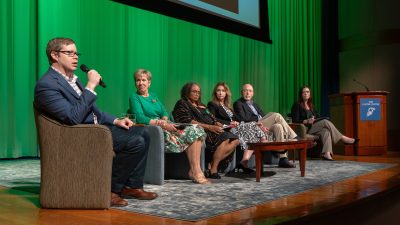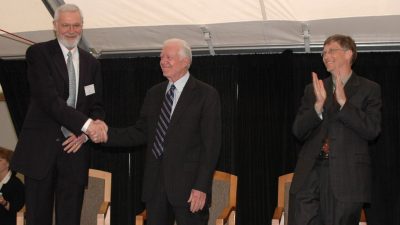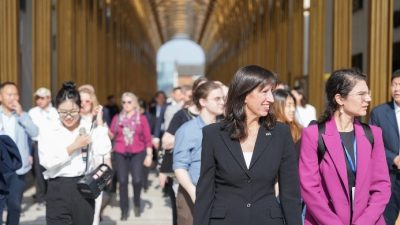News
We invite you to browse our latest news. Some external links below may require a subscription.
The Carter Center Announces Opening of Applications for the 30th Cohort of the Rosalynn Carter Fellowships for Mental Health Journalism
Guinea Worm Disease Reaches All-Time Low: Only 10 Human Cases Reported in 2025

Carter Center Responds to FBI Search of Fulton County Election Facilities
The Carter Center to Host Third Annual Mental Health Parity Day Feb. 3 at Georgia State Capitol

Carter Center Statement on the Passing of Dr. Bill Foege

Carter Center Statement on Latest ICE Shooting in Minneapolis
Ministry of Health, WHO, and The Carter Center Join Forces to Accelerate the Elimination of Neglected Tropical Diseases in Madagascar

The Carter Center to Host 2026 ‘Jimmy Carter Forum on U.S.-China Relations’ Exploring the Role of Women in Shaping Relationships Between the Two Countries

Carter Center Condemns Minneapolis ICE Shooting. ‘Must Say ‘No More”

Carter Center Statement on ICE Shooting in Minneapolis
1 of 108
Global Impact Starts with You
Your support sustains the Carter Center's mission of waging peace, fighting disease, and building hope around the world.
